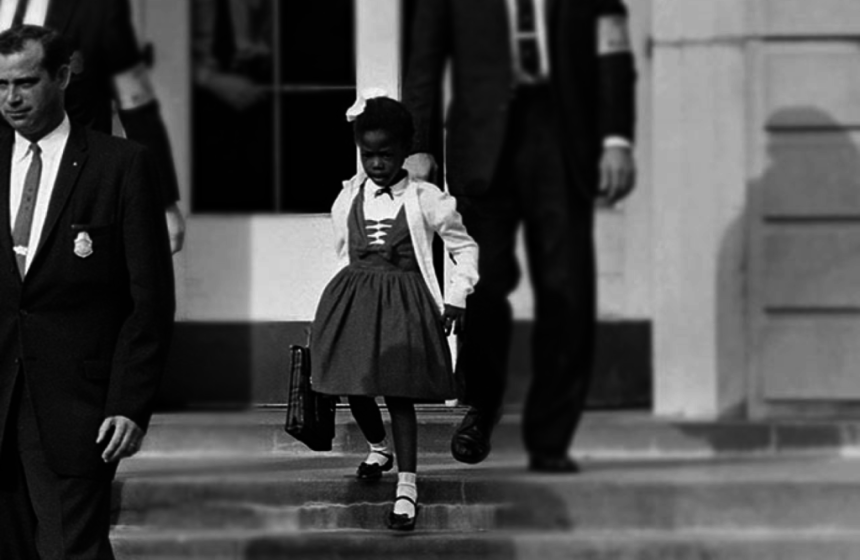
“[Attitudinal forgiveness and reconciled forgiveness] are not two kinds of forgiveness but two aspects or stages of it. One could say that the first must always happen, and the second may happen but is not always possible. Attitudinal forgiveness can occur without reconciliation, but reconciliation cannot happen unless attitudinal forgiveness has already occurred.”- Timothy Keller
As Timothy Keller moves on in Chapter 7 of Forgive, he underscores that forgiveness can have two meanings that overlap. Sometimes the forgiveness of which New Testament writers speak presupposes repentance on the offender’s part. But sometimes not.
Most significantly, the Bible uses the word forgiveness in two somewhat different ways. Hence, there’s a kind of forgiveness that ends up being inward only. And a second kind that issues outwardly toward a potentially restored relationship. So, in either case, the victim of wrongdoing must forgive inwardly. But reconciliation depends on the perpetrator recognizing his/her sin and repenting or failing to do so.
In addition, Pastor Keller stresses, we learn two important lessons from these directives:
1. Christian forgiveness involves much more than concern with inner healing of one’s heart. Certainly, the victim’s inner peace carries great importance. However, inward forgiveness wants and seeks reconciliation, even if the offender refuses. The secular therapeutic models of forgiveness omit this concern.
2. Christian forgiveness always promotes justice and never undermines it. Because inward forgiveness changes the attitude of the heart. Thus, the victim no longer desires the wrongdoer’s pain. Instead, the victim seeks his/her good. The secular merited forgiveness model, though, leaves love out.
In conclusion, Pastor Keller explains why the Christian seeks justice:
“Because injustice grieves the God we love, it mars the creation we love, it harms the people we love, and it even harms the wrongdoer, whom we should love and not hate. What is seeking justice? It is to speak the truth in love and to not shield people from the consequences of their actions.”
Today’s question: What do you find hardest about the two types of forgiveness? Please share.
Tomorrow’s blog: “Renounce revenge, pursue justice”

